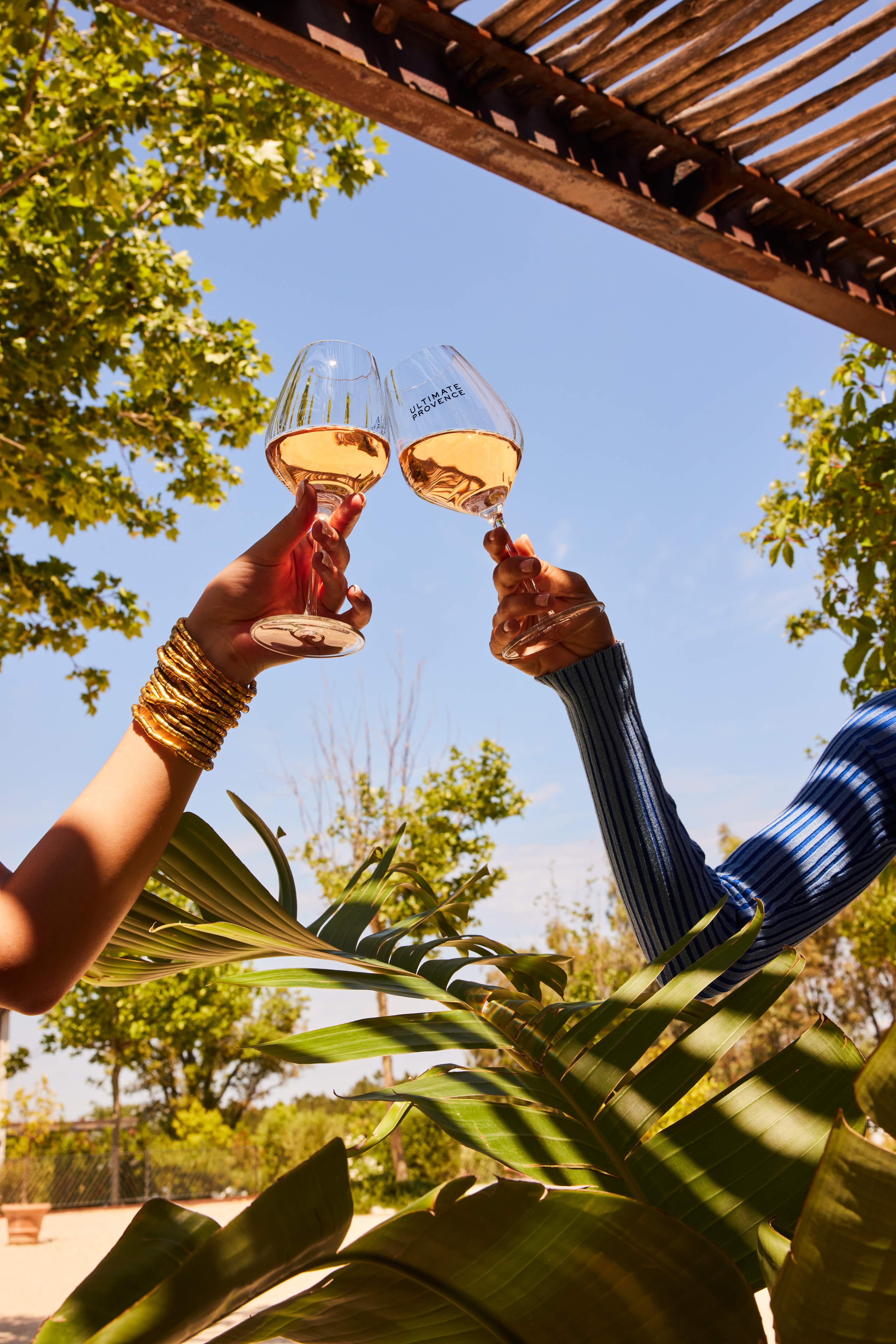If in recent years the rosé wine has experienced growing success, it is today towards organic that consumers are turning. Thus, organic pink wines are democratic, and find their place in a growing market. Let us take stock of the phenomenon of organic rosé wine in France and in the world, and the reasons for such a craze.
Organic wine, what are we talking about exactly?
Before taking an interest in figures and reasons that push wine lovers to consume organic, it is important to recall what an organic wine is precisely. If until 2012 the "organic" certification simply concerned the grapes, which was to come from organic farming, today it also takes into account the winemaking method.
Thus, an organic wine is necessarily obtained from a vinification technique more respectful of the environment. Fewer sulfites, no malic acid, or choice of biological additives are part of the criteria to be fulfilled with very complex specifications.
The organic wine market: a dazzling progression
Studies of the British Institute IWSR affirm: organic wine has experienced phenomenal growth in recent years. While in France wine consumption has a general tendency to decline, it is clearly increasing for organic wine. The ISWR Institute claims that the sale of organic wine has doubled between 2013 and 2021, and the French may have exceeded Germans in terms of consumption.
It is reminiscent, however, that the organic market share remains low in the wine sector, and corresponds to only 3.7 % of the total market in 2017.
The organic market in figures
In France, the success of organic wine is expressed through a few fairly significant figures:
- From 2017 to 2018, the organic cultivation surface increased by 20 %, for a total of 94,000 hectares of organic wine surface or conversion;
- The turnover of organic wine in France reached 1 billion euros in 2018;
- 2,21 million hectoliters of organic wine were produced (including 57 % for French consumption, and 43 % for export).
This growth is still increasing, and promises ever higher figures in the coming years.
Organic wine: limitless growth
The success of organic wine does not stop at French borders, and global consumption of organic wine also increases in Europe, and all over the world. France has exported 43 % of its organic wine production in 2018, but other countries also produce it. The world's top 3 producers of organic wines are also Spain, Italy, and France, and 83 % of organic vineyards are located in Europe. For the period from 2017 to 2022, the growth rate is estimated at 9.2 %.
The organic rosé wine market: a simple fashion effect?
Some may think that the success of organic rosé wine is simply due to a trend of the moment. A fashion effect both on rosé (a wine very popular in recent years), and on organic.
However, many believe that organic wine is part of in full mutation consumption habits, which are doomed to last. It is not only observed on rosé wine, but also on organic red wine and organic white wine, which all experience strong growth.
Thus, organic rosé wine, combining quality and respect for the environment, increases in volume, but also in value. Organic rosé wines then display a price higher 33 % on average compared to an undeveloped rosé wine. This is explained, among other things, by its quality, but also and above all by the technical constraints of organic wine production.
Producing an organic rosé wine is not easy, because it is difficult to obtain and keep a pink color without sulfite. It is then necessary to use complex techniques avoiding oxidation, and guaranteeing the structure of the wine.
Why does organic rosé wine attract so much?
Faced with the growing figures of recent years, we are entitled to wonder what pushes winegrowers to produce organic rosé wine. Five arguments are unanimous among producers.
- The environment: it is obvious that the major interest in organic wine production is to preserve nature, and offer a "natural" wine as possible while respecting the terroir;
- Health: so -called "classic" production of rosé wine uses harmful products for humans, but also for animals. Whether you consume them, or you touch them, or breathe them, these elements (pesticides, herbicides, GMOs and chemical fertilizers) jeopardize the health of all;
- Success with the consumer: we are not going to lie, producing a "trendy" wine is one of the arguments for a producer. Beyond ecological commitment, it is also the possibility of seducing a large audience, based on healthy values which we do not have to be ashamed, quite the contrary;
- Better profitability: contrary to what one might think, the production of organic wines, if it is well carried out, is more profitable than the production of an uncompromising wine. Indeed, organic treatments are much less expensive and less numerous than chemical treatments, even if they take longer;
- A quality wine: finally, the most obvious argument seems to bet on the quality of organic wine. By producing in impeccable hygiene conditions, with healthy and environmentally friendly treatments, the organic winemaker can in all legitimacy boast of offering a quality wine, perfectly in line with the terroir.
Organic rosé wine continues to surprise and seduce. A real guarantee of an environmentally friendly and consumer product, organic rosé wine has not finished talking about him. With the Château de Berne, discover the most beautiful collection of Organic rosé wines from Provence.











